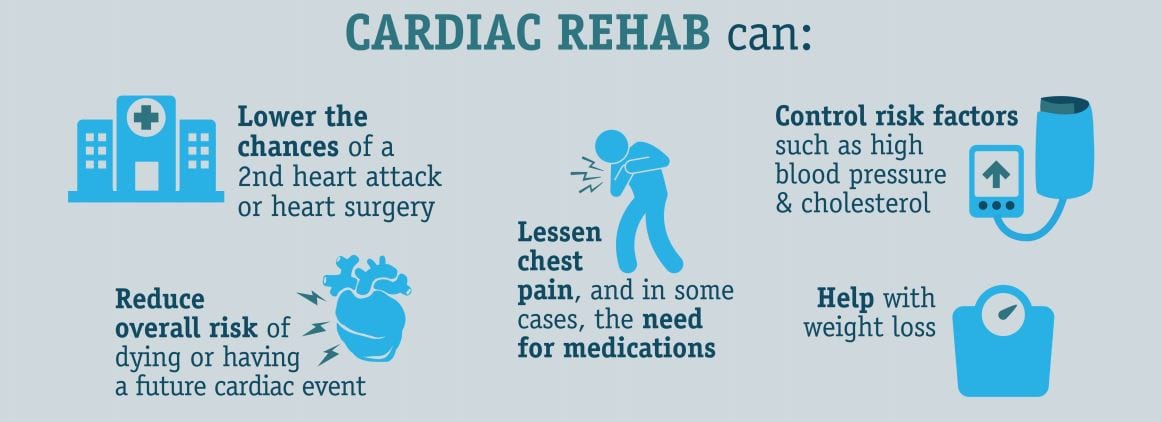How Narconon Africa can Save You Time, Stress, and Money.
How Narconon Africa can Save You Time, Stress, and Money.
Blog Article
Narconon Africa Fundamentals Explained
Table of ContentsExamine This Report about Narconon AfricaThe Greatest Guide To Narconon AfricaNarconon Africa Fundamentals ExplainedWhat Does Narconon Africa Mean?10 Easy Facts About Narconon Africa DescribedWhat Does Narconon Africa Mean?The smart Trick of Narconon Africa That Nobody is Talking About
In a collection of documents with Manudeep Bhuller and Katrine V. Lken, we overcome these data difficulties and the nonrandomness of imprisonment, providing new understandings right into just how imprisonment affects recidivism, work, children, and criminal networks - Addiction recovery. Number 1 Our work studies the effects of imprisonment in Norway, a setup with 2 key benefitsWe can even more connect this details to other household members, including kids and brother or sisters. We have details on co-offending that permits us to map out criminal networks for observed crimes. Second, we can leverage the random job of criminal instances to courts that vary in their tendencies to send defendants to prison.
Yet some judges send defendants to jail at a high rate, while others are more lax. We determine a judge's stringency as the ordinary incarceration rate for all various other situations a judge handles, after controlling for court and year fixed results, which is the level of random job. This quasi-random task of judge stringency can be made use of as an instrument for imprisonment, as it highly forecasts the court's choice in the existing instance, yet is uncorrelated with other instance features both by style and empirically.
What Does Narconon Africa Do?
Characteristics of prisoners, including demographics and criminal activity classifications, are generally similar in Norway and various other countries, consisting of the United States, with the exemptions that the US murder rate is much greater, and race plays a bigger role there. What stands apart as different, particularly compared to the USA, is the jail system.
Figure 2In Norway, the average time spent behind bars is a little over 6 months, which resembles most other Western European countries. This contrasts with typical United States jail time of almost three years, which is in huge component the factor the United States is an outlier in its incarceration price compared to the rest of the globe [Number 1]
Some Known Questions About Narconon Africa.
This offers far more splitting up in between small and solidified lawbreakers than exists in the USA. There is no congestion in Norwegian jails and better individual safety and security, with each prisoner being assigned to their own cell and a higher inmate-to-staff proportion than in the United States (https://narcononza12.edublogs.org/2024/06/05/hello-world/). Prisons in Norway additionally provide well-funded education and learning, drug therapy, mental health, and task training programs
Our study on the results of imprisonment on the offender, utilizing the arbitrary project of courts as a tool, returns three crucial searchings for. Initially, imprisonment discourages even more criminal habits. We locate that imprisonment reduces the likelihood that a person will reoffend within 5 years by 27 percent factors and reduces the corresponding number of criminal charges per person by 10 costs.
Fascination About Narconon Africa
We locate substantial reductions in reoffending chances and cumulative billed criminal activities even after offenders are launched from prison. Our 2nd result is that prejudice because of choice on unobservable private attributes, if overlooked, results in the erroneous verdict that time spent behind bars is criminogenic. If we merely contrast criminal offenders imprisoned versus those not sentenced, we locate favorable associations between incarceration and subsequent criminal offense.
This stands in contrast to our analysis based upon the random job of courts, which discovers an opposite-signed result. Third, the reduction in criminal activity is driven by people who were not working prior to imprisonment. Among these people, imprisonment enhances engagement in programs guided at boosting employability and decreasing relapse, and this ultimately increases work and earnings while inhibiting criminal behavior.

Imprisonment creates a 34 percent point boost in involvement in work training programs for the previously nonemployed, and within 5 years their work price increases by 40 percentage points. At the exact same time, the chance of reoffending within five years is reduced by 46 percent points, and there is a decrease of 22 in the ordinary number of criminal costs.
Some Of Narconon Africa

A plausible explanation for the difference is that Norway's jail system varies noticeably, both in terms of prison-term length and jail problems, from the US jail system. While recognizing the impacts of incarceration on the wrongdoer is a vital initial step, capturing spillover results is also vital for evaluating criminal justice policy and making efficient jail systems.
The 25-Second Trick For Narconon Africa

Normal the very least squares estimates reveal that children of incarcerated daddies are 1 percent factor more probable to be billed with a crime, about a mean of 13 percent, and reveal no effect on college grades. Utilizing our court stringency tool, we discover no statistical evidence that a daddy's incarceration impacts a child's very own criminal check it out activity or institution grades, yet we are unable to rule out modest-sized results.
Things about Narconon Africa
We specify criminal groups based on network links to prior criminal cases. Our evaluation returns three primary findings. Initially, when a criminal network member is incarcerated, their peers' probability of being billed with a future criminal activity decreases by 51 percent factors over the next 4 years. Similarly, having an older bro put behind bars lowers the probability his more youthful sibling will certainly be billed with a crime by 32 portion points over the following four years.
Report this page